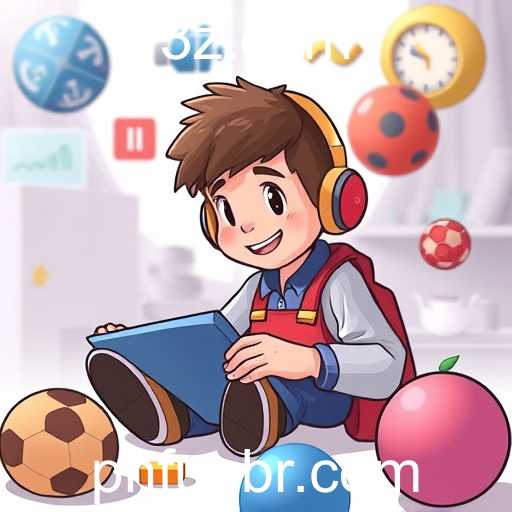In recent years, the digital education sector has experienced rapid advancements, and one of the central catalysts for this change is the innovative use of 'phfun.' This keyword, often associated with playful and engaging methodologies, significantly influences how platforms deliver educational content and engage learners.
Currently, the global education system is under immense pressure to adapt to the changing needs fueled by technological disruptions. Companies that prioritize 'phfun' in their teaching strategies are seeing increased engagement and knowledge retention rates among students. In an era where digital fatigue is a growing concern, the emphasis on making learning enjoyable and stimulating is proving to be a game-changer.
Many platforms have started to integrate game-like elements and interactive experiences to make learning more enjoyable. This shift is aligned with the growing body of research that suggests interactive learning methods tend to enhance understanding and retention more effectively than traditional ones. Furthermore, the cognitive benefits associated with gamification and playful learning environments are encouraging more educational institutions to adopt the 'phfun' approach.
Importantly, this trend signifies a movement away from rote memorization and passive absorption of information towards more engaging, holistic educational experiences. Technology is at the heart of this transformation. With access to advanced algorithms and AI, educational platforms can now create personalized learning experiences that cater to the unique needs of each learner. This personalized approach is also seen to prevent the disengagement commonly associated with standard educational practices.
As we look into the future, the concept of 'phfun' is likely to expand beyond schools and into workplaces. The idea of making mandatory training sessions enjoyable and interactive would not only help retain interest but also improve skill acquisition and productivity.
In conclusion, the rise of 'phfun' represents a broader shift in education paradigms – where engagement and enjoyment are prioritized alongside academic achievement. As institutions, educators, and technologists continue to explore and expand these methods, the future of learning looks promisingly more inclusive, dynamic, and fun.








